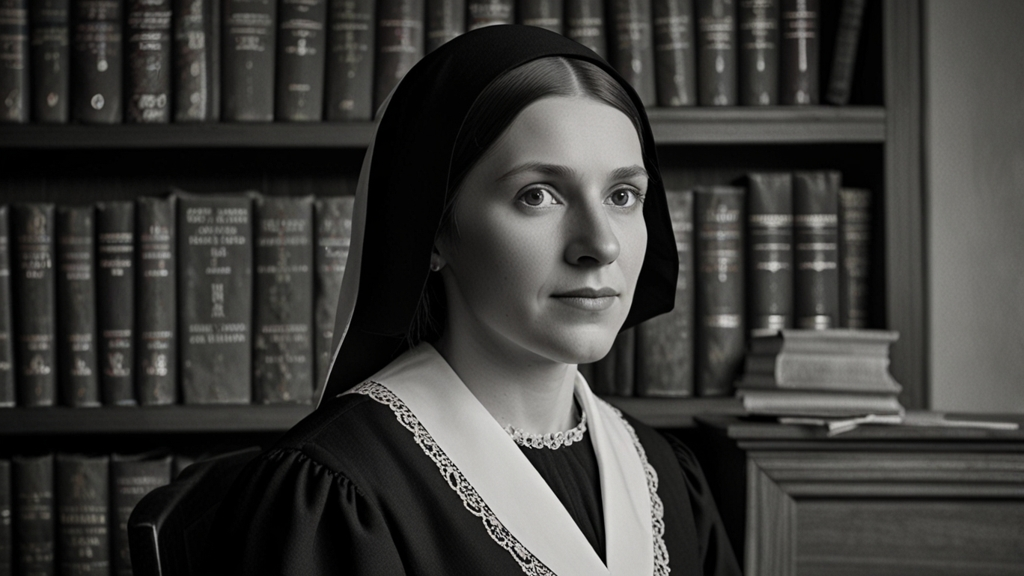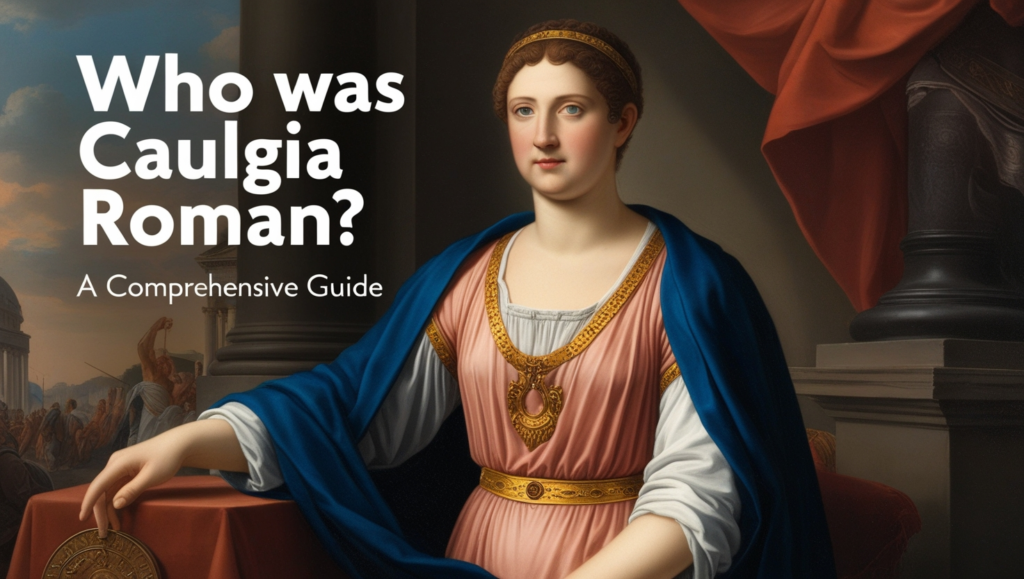Introduction
Anne Hutchinson coherently challenged the male figure of her time by defying the rigid religious and gender norms in 17th-century Puritan New England. As a woman with strong religious convictions, she held private Bible study sessions where she shared her interpretations of scripture, often questioning the authority of male ministers. This bold act challenged the religious leaders and defied the societal expectations of women, who were typically expected to remain silent in spiritual matters. Hutchinson’s actions and beliefs led to a trial where she was accused of heresy. Still, her courage in questioning male authority left a lasting impact on the future of religious freedom and women’s rights in America.
Anne Hutchinson’s Rise as a Religious Leader
Anne Hutchinson coherently challenged the male figure in her community by becoming a prominent religious leader. In the early 1600s, she held Bible studies in her home, attracting both men and women eager to hear her interpretations of scripture. The male ministers who held power in the Puritan society saw her gatherings as a threat. Hutchinson’s ability to engage and lead these discussions showed her intellectual and spiritual independence, which challenged the established religious order.
Disrupting Puritanical Norms
As a woman in Puritan New England, Anne Hutchinson’s public display of religious authority was highly controversial. In a society where women were expected to be passive and subservient, Hutchinson’s role as a theology teacher was challenging. By speaking out about her religious views and engaging in debates with male clergy, she defied the gender expectations of the time, making her a figure of both admiration and scorn.
Direct Revelation and Heresy Accusations
Anne Hutchinson coherently challenged the male figure by promoting the belief that individuals could receive direct revelations from God, bypassing the male-led church and clergy. This view placed her at odds with the Puritan leaders who held that male ministers could only understand salvation through Bible interpretation. Her teachings led to accusations of heresy and blasphemy, marking her as a dangerous figure in the eyes of the colony’s authorities.
The Trial of Anne Hutchinson
In 1637, Anne Hutchinson’s challenge to male authority culminated in a trial where she was accused of heresy. The trial became a public spectacle in which male ministers and leaders sought to silence her. Hutchinson, however, defended her beliefs with conviction, asserting that she was guided by divine revelation. Her trial not only questioned her religious views but also raised concerns about women’s roles in society and their ability to challenge male authority publicly.
Hutchinson’s Defiance of Patriarchal Authority
Throughout her life, Anne Hutchinson coherently challenged the male figure by defying the patriarchal authority of the church and the state. In a society where men controlled both the spiritual and civil spheres, Hutchinson’s bold leadership in religious matters was unprecedented. Her refusal to conform to male expectations of female behavior symbolized a challenge to colonial New England’s traditional power structures.
Impact on Religious Freedom
Anne Hutchinson’s actions were a crucial moment in the history of religious freedom in America. By challenging the male figure in Puritan society, Hutchinson paved the way for broader religious tolerance. Her struggle against the Puritan clergy highlighted the dangers of religious uniformity and the importance of allowing individual conscience in matters of faith. Her example inspired others to question religious authority and seek greater freedom of belief.
Women’s Role in Public Discourse
Anne Hutchinson coherently challenged the male figure and highlighted the potential for women to engage in public discourse. By holding public meetings and challenging the male figure in her community, she demonstrated that women were capable of intellectual and spiritual leadership. This act of defiance would inspire future generations of women to assert their voices in public life, pushing back against the constraints of patriarchal norms.
Hutchinson’s Influence on Feminist Thought
Anne Hutchinson coherently challenged the male figure extended into the realm of feminist thought. While her primary focus was religious, her defiance of traditional gender roles laid the groundwork for future feminist movements. Hutchinson showed that women could be both spiritual leaders and intellectuals. This idea would inspire later generations of women to fight for their right to equal participation in society and religious life.
A Lasting Legacy in American History
Anne Hutchinson’s life and actions left a profound impact on American history. By coherently challenging the male figure, she challenged the religious authorities and the societal norms restricting women. Her example helped shape the development of spiritual and gender equality in America. Anne Hutchinson’s defiance marked an essential chapter in the nation’s ongoing struggle for freedom and justice for all individuals, regardless of gender.
Conclusion
Anne Hutchinson coherently challenged the male figure in 17th-century Puritan New England, and she remains a powerful symbol of resistance and individual conviction. Her bold defiance of religious and gender norms paved the way for greater religious freedom and women’s involvement in public discourse. Despite facing banishment and persecution, Hutchinson’s actions sparked critical conversations about the roles of women in both spiritual and societal spheres. Her courage and intellect continue to inspire movements for equality and freedom, proving that challenging established authority can lead to lasting change.



